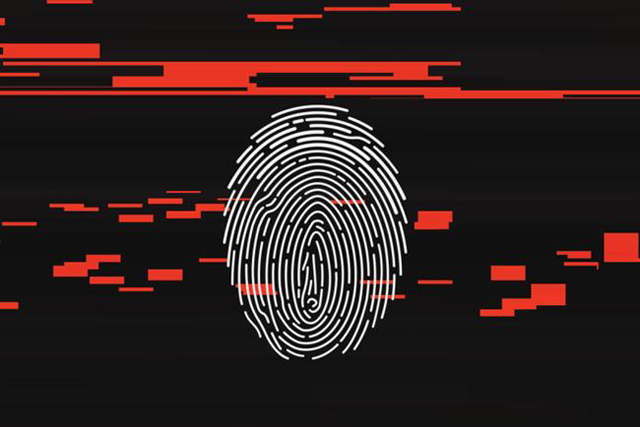Butcher was a butcher. Thatcher was a thatcher. Baker was a baker. Littlejohn… well, you get my point. Once upon a time, our identities were simple things. Our trade, our place of origin or perhaps a physical characteristic, defined us. We even took names, assumed identities on that basis.
These days, it’s not quite so simple, and it’s about to get even more complicated.
I’m always struck by how your geographical location dictates how people view you. Head out to the US, especially the fast-paced bits of the East Coast, and without fail the first question you’re met with after a handshake is: "And what do you do for a living, Bob?"
You can see your inquisitor listening to your response, and then posting you in the appropriate mental pigeonhole according to your profession. In the US, your job is your primary identity. Once you have been posted into the slot marked Banker, Lawyer or Professor, every comment you make is viewed through that prism. Breaking out is tough ("Waddya mean you’re a banker who sings blues music? That’s not possible!"). It’s a depressing characteristic, and men are often the worst offenders.
Meet people for the first time in South America, Asia or less frenetic parts of Europe, however, and it can be a while before someone gets round to enquiring what you do for a living. They are more likely to ask where you’re from, what you think of their country, or whether you would like to buy their plastic donkey or hand-woven mat.
But within the parameters of these cultural extremes, aconsensus has emerged over our identities. We have one, and different people have different means of decoding what it is. Predictably enough, the internet is changing this.
Breaking free of the stereotype
Part of it lies in the less defined nature of our careers these days. Not only is there no such thing as a job for life, but we have no expectation, or, oddly, a desire, for such an existence. The wonderful Simon Dyson, creator of the Chance to Shine charity and a bringer of pleasure to literally a million schoolchildren across the UK, cheerfully confesses to "one job, one house, one wife". In my experience (as in so many others with Simon) that makes him one in a million.
But I think the more interesting and disruptive element of our modern selves is the life that we live outside our work. If you have people in your organisation with tens of thousands of followers hanging on their every word in the fashion blogosphere (as we do), are they really working for us, or we working for them?
Do they define themselves by their day job toiling in an agency, or by their careers as writers, musicians, artists or curators?
The internet affords us the possibility of multiple identities without tension or risk of contradiction. This is something that spotty teenage boys masquerading as Xbox warriors have known for quite some time, and writers who choose to create under a pseudonym have realised for even longer. It’s now coming to the rest of us. Put bluntly, you can be whoever you want to be online, and if you’ve the talent or connections to pull it off, then good luck to you.

One small step
The step from digital identity to real-world identity is a short one. In a multichannel world, my identity is marketer in this magazine, but the BBC knows me for my political past, and no amount of pushing and shoving will get them to talk to me about anything other than politics. It does make for the occasional Today programme slot where I get to bash Miliband with impunity, which is great fun, but I can’t break out of it, and I do worry that one day it will come back to haunt me.
Our desire to stereotype has never been greater.
There’s a media laziness here that further blurs who we are. Our desire to stereotype has never been greater. It starts on TV, where everyone has to have a descriptor under their name, so we can see what archetype they are representing.
"Bloody cyclist," yells the taxi driver. "Sodding coach drivers," mutters the cyclist. "Typical customer," thinks the barista. "Stupid man," says my wife. Four people, four identities, or just one man on the way home from work?
But if it’s easier than ever for people to have multiple identities, it’s tough to see how brands can keep up. Received opinion insists that every brand has its own set of values and a defined meaning, regardless of the audience. As people have traditionally used brands as a way of defining themselves ("I wear J.Crew because I’m slightly smarter than the next man" or "A little bit of Cath Kidston in my life shows my slightly wild side, without losing control"), those singular identities have resolutely survived.
It’s tough to see how this approach could change, and that different people would start sporting the same brands but with different meanings, but you would be unwise to rule it out. There is presently a huge convention around the science of brand-building, and history tells us that such conventions rarely last forever.
It’ll take something as radical as a deliberately schizophrenic brand to shake things up – one brand with multiple identities, logo designs and sets of values. Hard to imagine, I know, but it’s coming. Until then, the gap between our own personal polygonal identities and the monolithic brands that we manage will continue to increase.


